A few years ago, my fifth grade gifted and talented students completed a unique research project. Specifically, we sent letters to museum directors asking for input about one object, artifact, work of art, or a creative selection from their museum's collections. The selection could be a personal favorite, possess significant cultural relevance, be a "best" example of its kind, tell a story, promote a new idea, or expose students to a new experience.
The purpose of the project was to provide resources for interdisciplinary learning, to present opportunities to think in new ways, and to enhance subject matter with activities that promote creativity and provide cultural relevance. Most directors were eager to participate, and many provided supplemental information and resources. Their thorough responses are best characterized by the words of one director, "Thank you for reaching out."
Below are the four questions we asked. (Since some respondents have moved on to different institutions, I share only the museum position, instead of the person's name.)
Iris, Tulips, Jonquils, and Crocuses
Enhance the Standards with Poetry & Improv
An A+ for Creativity and Humor
The Day the Crayons Quit, by Drew Daywalt and illustrator Oliver Jeffers, gets an A+ for creativity and humor. The hilarious book is about disgruntled crayons who have plenty of reasons to quit coloring. Red crayon needs a rest, Blue needs a break, and Purple demands precision. It’s up to Duncan to find a creative way to solve all their problems. He wants all his crayons to be happy!
Read More...Did you like this article? Share it.
Over in the Reef in an Ancient Blue Zoo
The song, “Over in the Meadow” is a traditional sing-a-long song that allows young children to sing, count, rhyme, and make animal sounds. The song’s rhythmic pattern also encourages musical experimentation. A group of third graders revised this happy song by rewriting the lyrics. We also spent time discussing why the rhyme pattern appeals to young children. The excited third graders decided rewriting the lyrics was a great opportunity to introduce preschoolers to a few new animals They even recorded themselves singing their lively composition (with Audacity) to share with younger siblings.
Read More...Did you like this article? Share it.
What Does Music Mean to You?
There's nothing like playing music to make me feel alive. According to music professor Dr. Anita Collins, "When you listen to music, multiple areas of your brain become engaged and active. But when you actually play an instrument, that activity becomes more like a full-body brain workout." Studying music develops skills in listening, reading, self-expression, and creativity.
Read More...Did you like this article? Share it.
March Into a Good Book
Did you like this article? Share it.
7 Calendar Clues to Extend Math Concepts
Calendar activities can also extend academic skills. The following calendar clues extend math concepts such as time sequencing (before/after) and adding/subtracting the dates of special events.
These clues can be used with primary-aged children to learn more about upcoming dates in March, April, May and June. Using a shared calendar and a search engine such as KidRex, primary students can team up with upper elementary “buddies” to answer the questions. At home, parents can guide children to find the answers by teaching them about keywords and search terms. Once children are familiar with the activity, have them make their own calendar clues. Read More...
Did you like this article? Share it.
The Language of Friendship
Everyone needs friends, and we all want to feel connected and valued by others. Some of us may have a few close friends, while others have a wide range of friendships. Among children, peer relationships can be a challenge. Some children may worry about being part of a certain group or have a hard time fitting in.
In addition to nurturing imagination and discovery, books can help children address struggles they may be experiencing in their lives - especially friendship issues. (I’m planning a separate post with suggested titles, but feel free to email me if you have specific questions.)
The following discussion prompt can be used to introduce books with friendship elements and to build insight about the meaning of friendship.
Brainstorm the term “friendship” by having children list the qualities they look for in a friend. Discuss what qualities are most important and why. Elaborate on the concept of “best friend” by discussing how a best friend differs from a regular friend or an acquaintance. Inquire about the benefits of having friends who are different from you. Can friendship change over time? Can you be mad at or jealous of a friend?
Share the following quote by Henry David Thoreau: “The language of friendship is not words but meanings.” Discuss what the quotation implies about the nature of friendship.
Did you like this article? Share it.
Hearts of the Tree
Did you like this article? Share it.

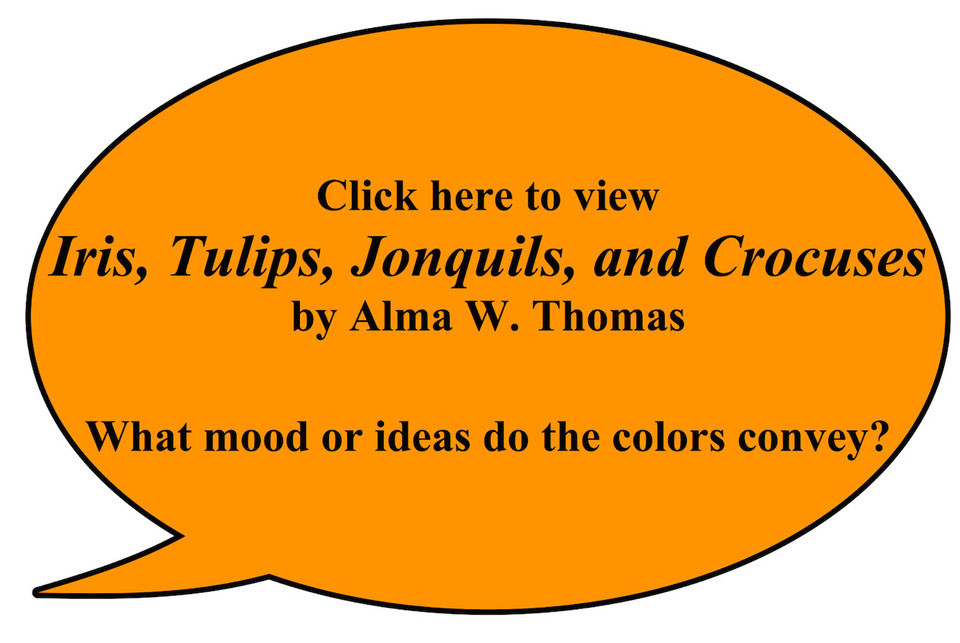
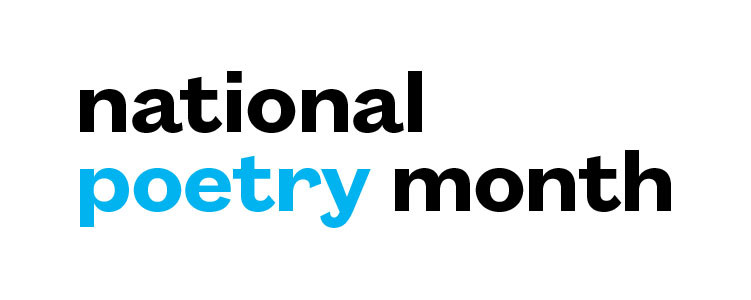
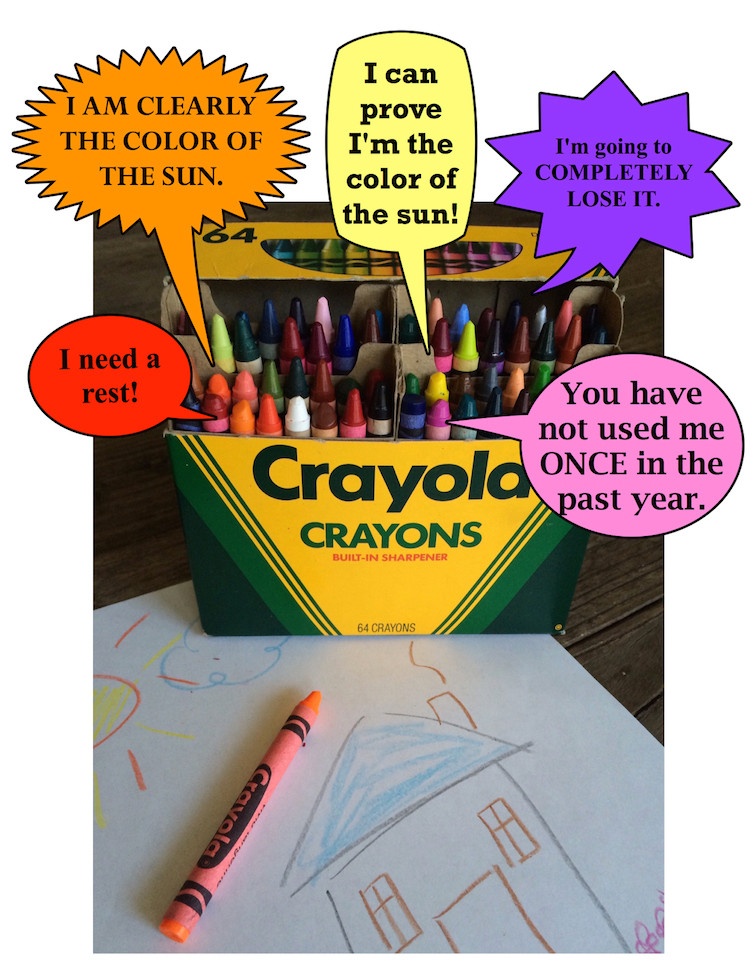
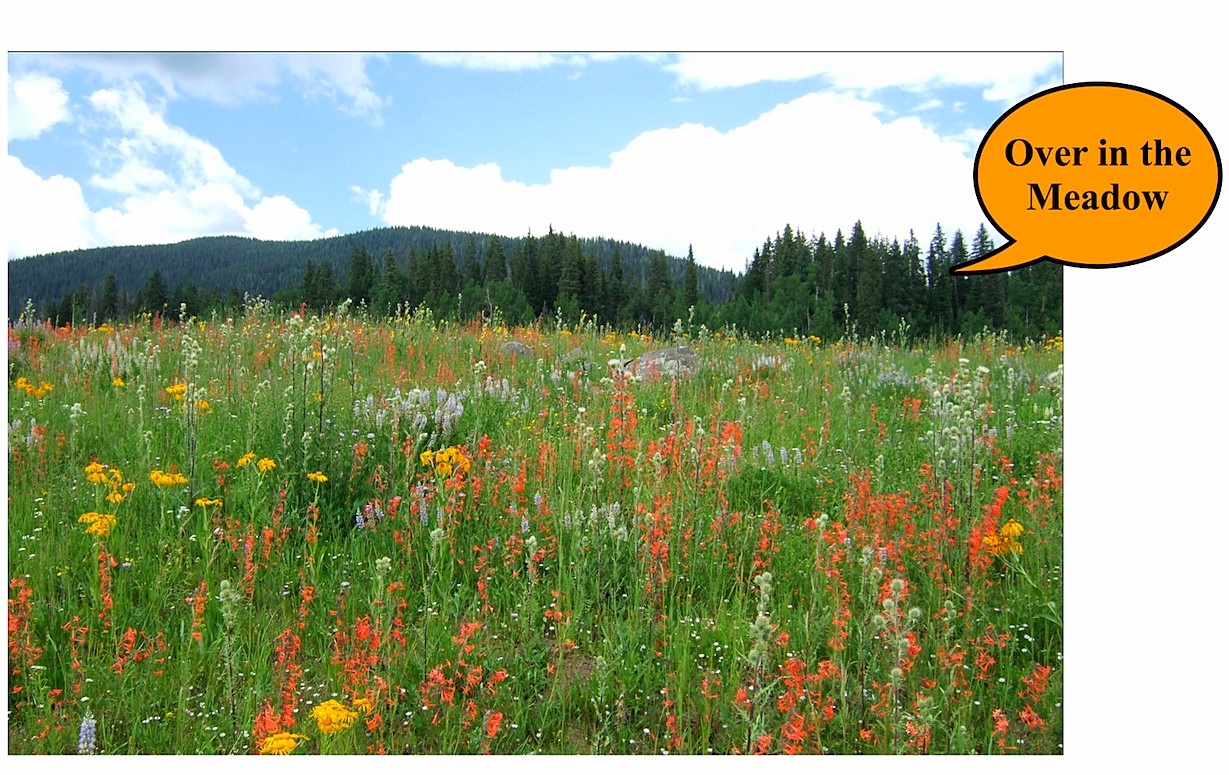
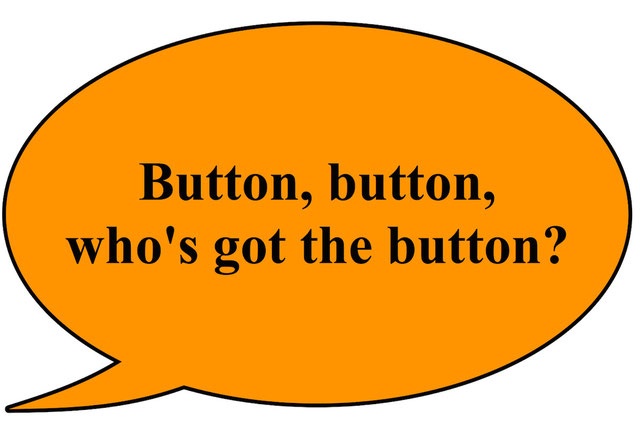
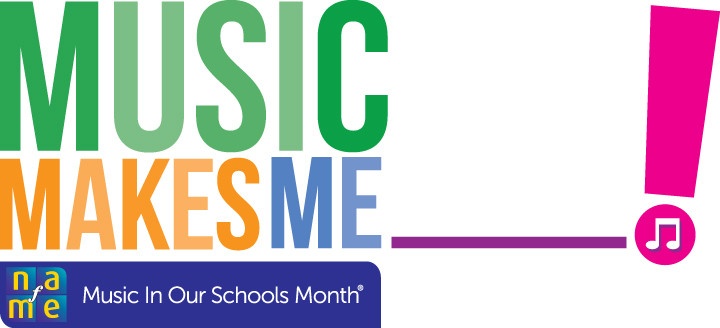
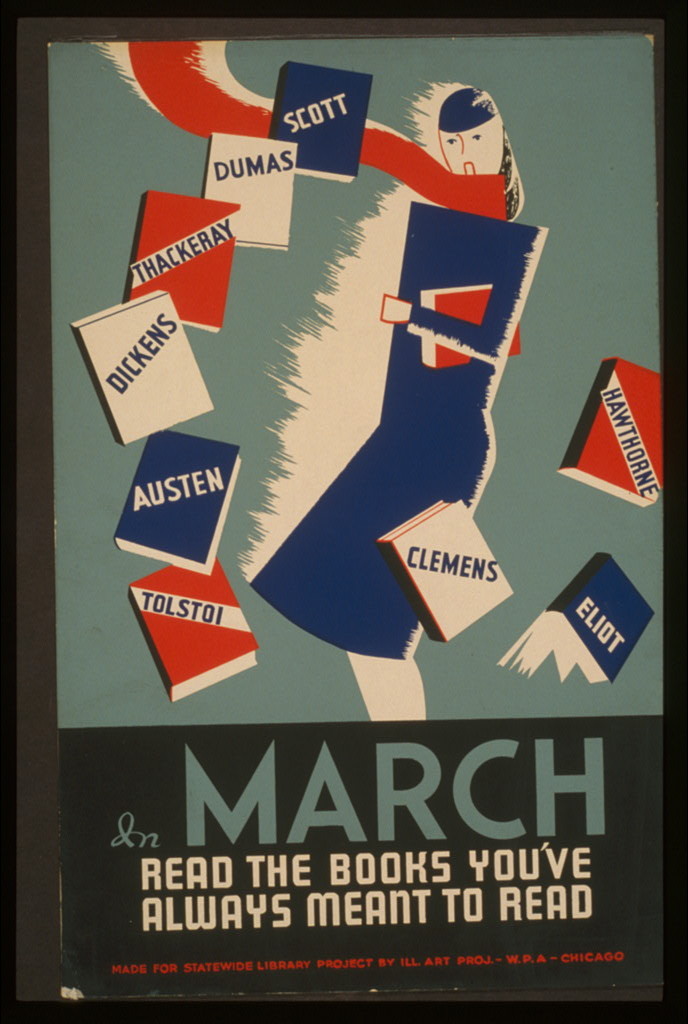

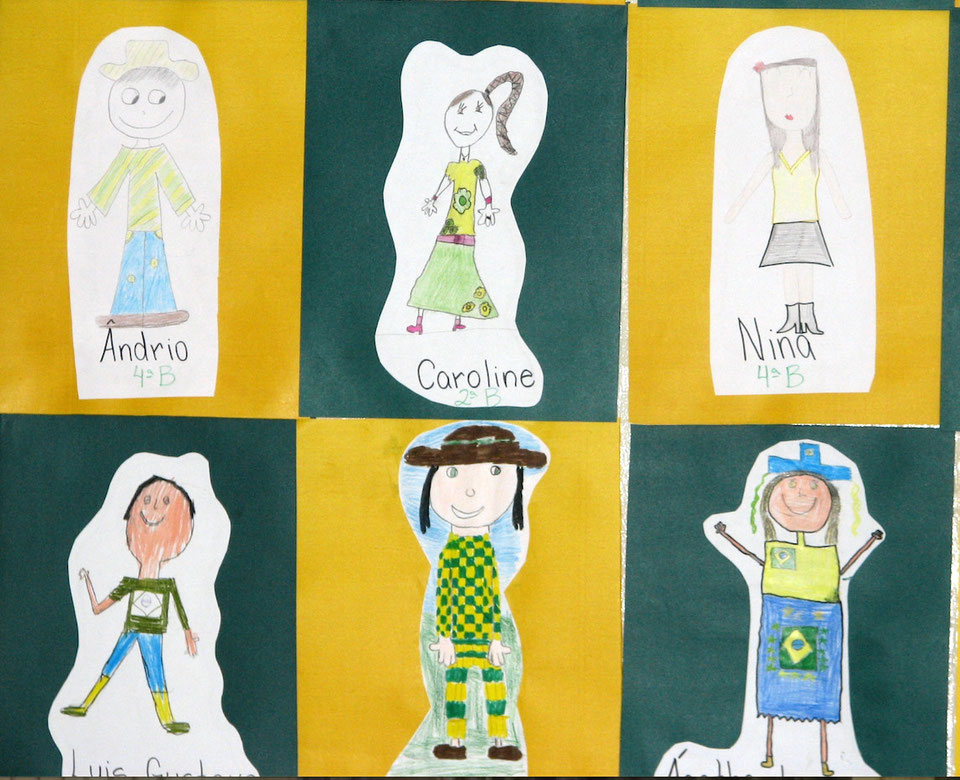
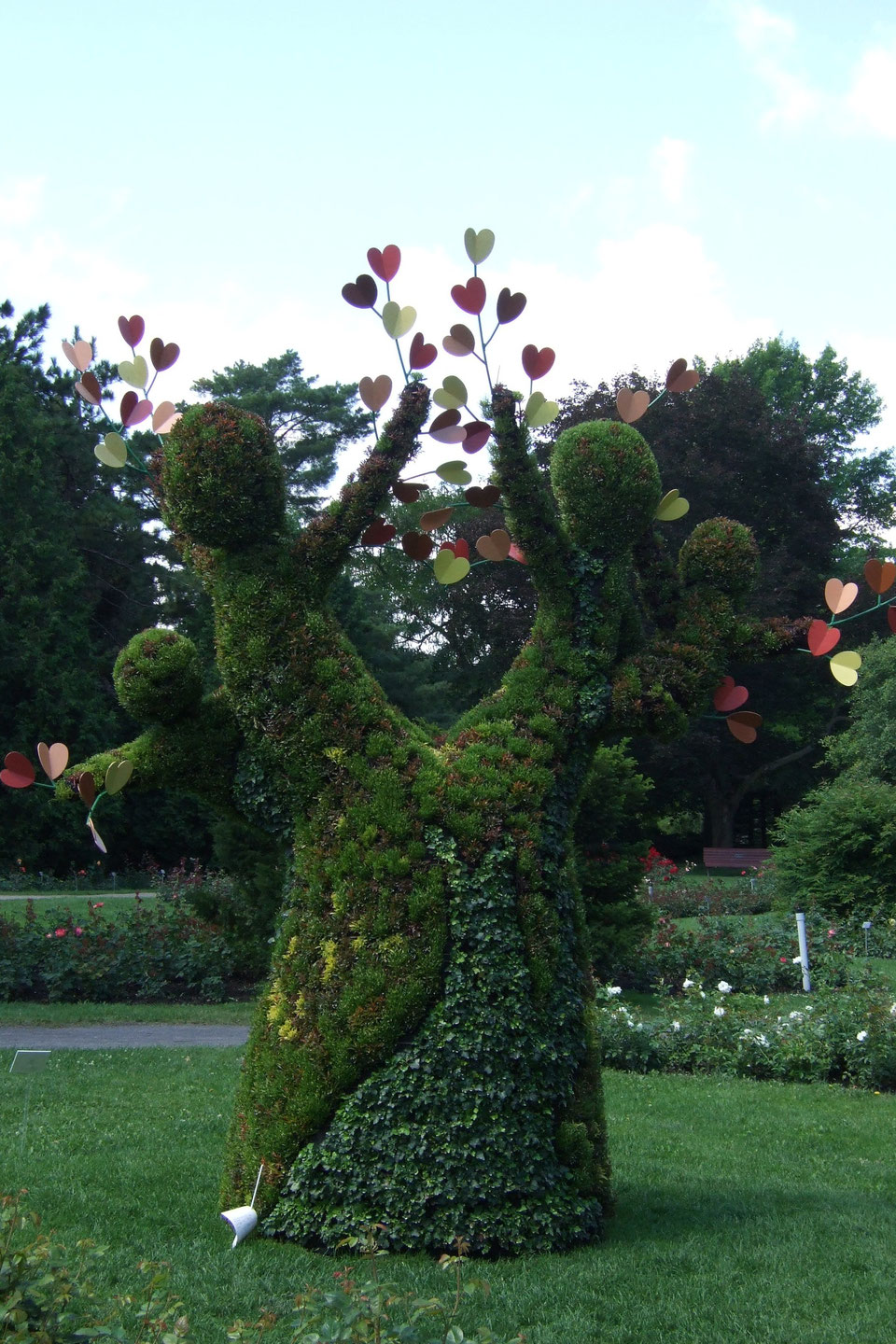
.png?width=107&name=image%20(1).png)
.png?width=59&name=image%20(2).png)
.png?width=59&name=image%20(3).png)